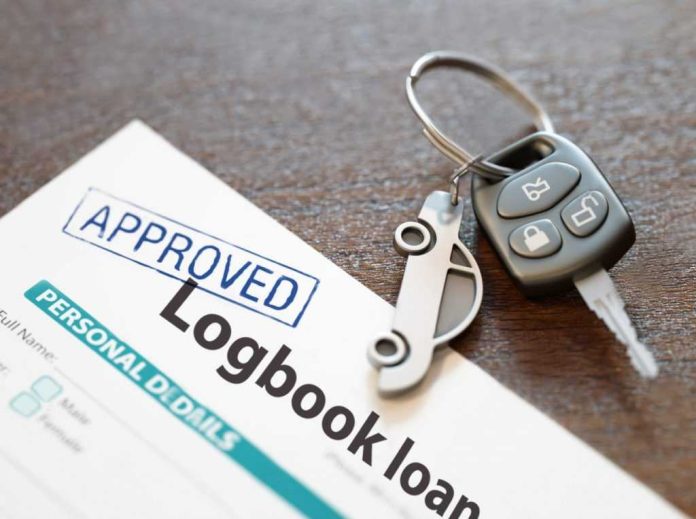There may come a time in life when you need additional finance to help you in times of emergency.
There is a range of loans you could choose from, even if you have bad credit, from short-term loans to payday loans and even logbook loans. We’ll take a closer look at the logbook loans below, the eligibility requirements and the benefits and drawbacks.
Table of Contents
What is a Logbook Loan?
A logbook loan is a type of finance that is secured against a vehicle. The borrower uses their vehicle as collateral for the loan and the lender holds the logbook, also known as the V5 document, as security.
The borrower can continue to use their vehicle while repaying the loan, but if they default on the loan, the lender has the right to repossess the vehicle. There is a range of repayment options to choose from to suit the borrower so they can tailor their loan to their financial situation.
Eligibility Requirements
So, if you’re wondering whether you’re eligible for a logbook loan, you must meet certain requirements. These include:
- Owning a vehicle: To qualify for a logbook loan, you must own a vehicle that is free from any outstanding finance. The vehicle must be registered in your name, and you must have the V5 document, also known as the logbook, in your possession as this is the main component your lender needs from you.
- Age: You must be at least 18 years old to apply for a logbook loan.
- Income: You must have a steady source of income to repay the loan. This can include employment income, self-employment income, or government benefits so that the lender knows you will be able to make regular repayments.
- Residency: You must be a UK resident to apply for a logbook loan.
- Credit history: While logbook loans are available to those with poor credit, lenders will still check your credit history as part of the application process.
- Repay the loan: You will need to make regular payments to repay the loan as per the terms of the loan agreement.
Benefits of Logbook Loans
Quick and easy application process: Logbook loans can be obtained quickly, often within 24 hours which makes them look more appealing than other loans which may have a longer application process and require more documents.
No credit check: Logbook loans are available to those with poor credit, as the loan is secured against the vehicle. This makes them preferable for those of us who have struggled to manage finance in the past, whether that’s struggling to pay bills, or generally finding it difficult to make ends meet.
Keep the vehicle: Borrowers can continue to use their vehicle while repaying the loan, meaning they can get from A to B without having to worry – especially if they know they can afford the repayments.
Flexible repayment options: Logbook loan providers offer flexible repayment options, allowing borrowers to choose a plan that suits their budget. This means that borrowers can choose an option that they’ll be able to manage more easily, reducing the chance of them failing into further financial difficulty.
Drawbacks of logbook loans
Whilst this type of loan may look appealing to you, it’s always best to take a look at some of the drawbacks that you may also find with this type of finance. Here are a few disadvantages to look out for.
High-interest rates: Logbook loans have higher interest rates than traditional bank loans, which can make them more expensive. This is due to the lender needing to make sure they make their money back from borrowers who may have a lower credit score and be less creditworthy.
Risk of vehicle repossession: If the borrower defaults on the loan, the lender has the right to repossess the vehicle which could put you in a position of losing your car – causing a huge impact on your life.
Short repayment period: Logbook loans typically have shorter repayment periods than traditional bank loans, which means the borrower must repay the loan in a shorter amount of time. This makes them more difficult to manage, risking further financial difficulty.
Additional fees: Logbook loan providers may charge additional fees such as application fees, appraisal fees, or early repayment fees so you need to ensure you know the total cost of borrowing before applying.














